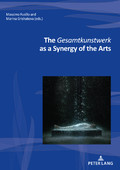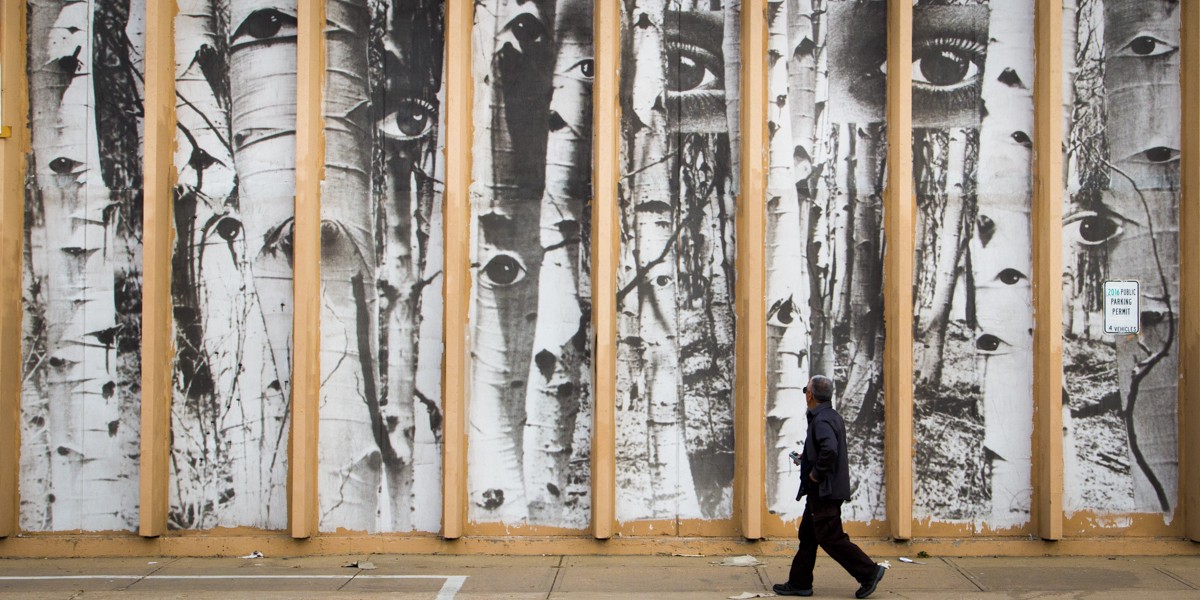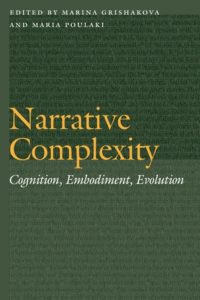Edited by Marina Grishakova and Maria Poulaki
The variety in contemporary
philosophical and aesthetic thinking as well as in scientific and experimental
research on complexity has not yet been fully adopted by narratology. By
integrating cutting-edge approaches, this volume takes a step toward filling
this gap and establishing interdisciplinary narrative research on
complexity.
Narrative Complexity provides a framework for a more
complex and nuanced study of narrative and explores the experience of narrative
complexity in terms of cognitive processing, affect, and mind and body
engagement. Bringing together leading international scholars from a range of
disciplines, this volume combines analytical effort and conceptual insight in
order to relate more effectively our theories of narrative representation and
complexities of intelligent behavior.
This collection engages important
questions on how narrative complexity functions as an agent of cultural evolution,
how our understanding of narrative complexity can be extended in light of new
research in the social sciences and humanities, how interactive media produce
new types of narrative complexity, and how the role of embodiment as a factor
of narrative complexity acquires prominence in cognitive science and media
studies. The contributors explore narrative complexity transmitted through
various semiotic channels, embedded in multiple contexts, and experienced
across different media, including film, comics, music, interactive apps,
audiowalks, and ambient literature.


